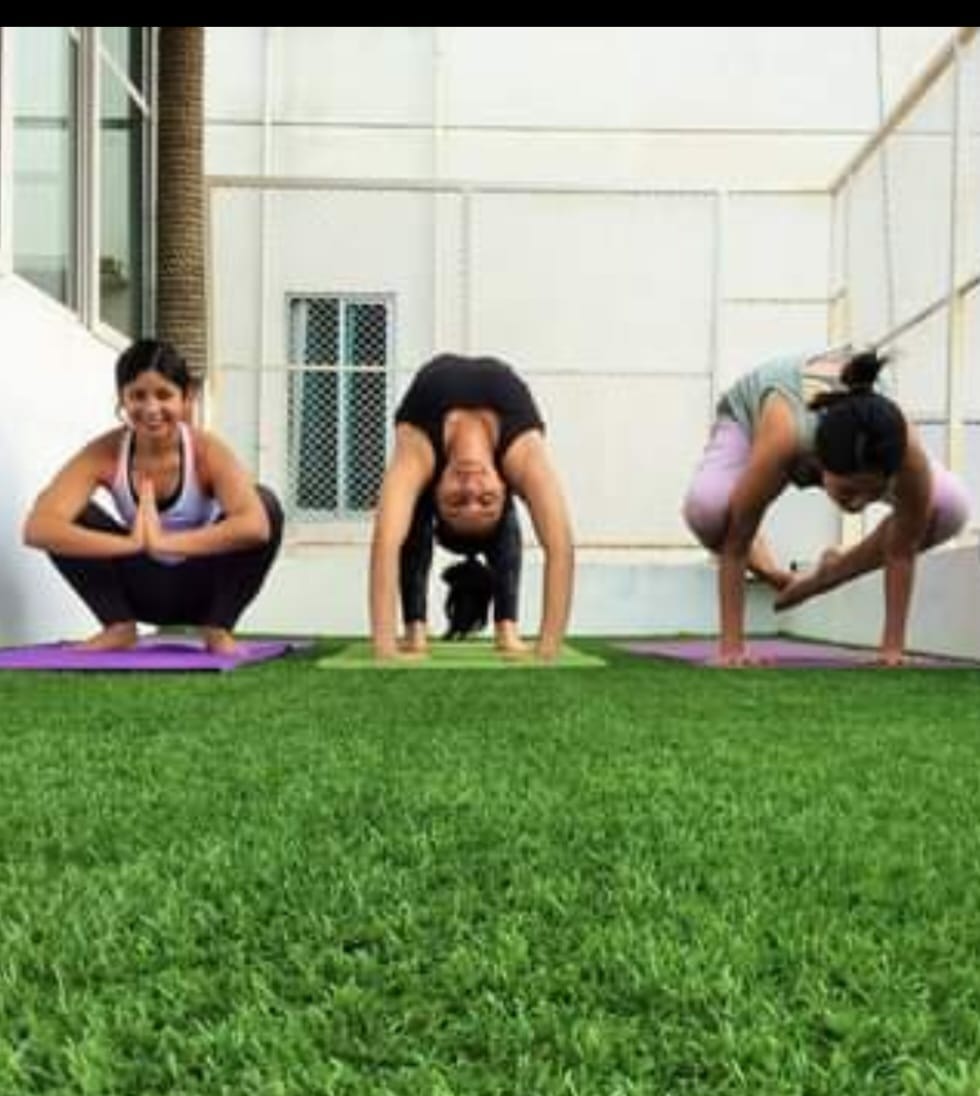According to the National Mental Health Survey Bangladesh, 2018-19, nearly 17% of adults in Bangladesh are suffering from mental health issues, and among them 92.3% do not seek medical attention.
National Institute of Mental Health, with the technical guide of the World Health Organization (WHO), conducted the survey titled “National Mental Health Survey, Bangladesh 2018-19”. Of course, the pandemic took a major toll on mental health, and the numbers may be quite different now.
What factors contribute to the hesitancy to visit counselors or psychiatrists in our society? Is it the fear of judgment, the stigma associated with mental health, lack of awareness, or financial constraints?
To increase awareness about depression, WHO created an insightful video called “I had a black dog, his name was depression”. This video serves as a powerful tool to increase public understanding and empathy towards depression.
Depression
Depression slowly permeates the mind, and its symptoms vary from person to person. These can include lethargy, loss of appetite, waning interest in previously enjoyed activities, excessive sleep as a coping mechanism, and a pervasive lack of motivation. In severe cases, individuals may even contemplate self-harm. Depression is often accompanied by harmful self-sabotaging behaviors and low self-esteem.
Postpartum depression affects 1 in 5 women, adding further complexity to their mental well-being. Insomnia and the challenges of breastfeeding can exacerbate this condition, placing additional stress on new mothers. Unfortunately, the focus on the new baby often eclipses the need for adequate support and care for the mother’s own health.
To effectively address depression and other mental health ailments, a holistic approach is essential. This includes incorporating practices like yoga, which has been shown to produce dopamine, commonly known as the ‘happy hormone.’ Yoga not only enhances physical well-being but also improves blood circulation, eliminates toxins, and alleviates stress. Inverted yoga poses, such as headstands, can have a positive impact on mood and mindset.
Furthermore, maintaining a healthy diet, getting sufficient sleep (7 to 8 hours), and engaging in physical activities like running or cycling contribute to overall wellness. Cultivating meaningful friendships and pursuing hobbies also play pivotal roles. It is crucial to train our minds to embrace positive habits and discipline.
Acts of kindness and compassion have also been linked to a reduction in depression levels, highlighting the significance of fostering empathy and care for others.
If you suspect you may be suffering from depression, we urge you to seek help. Reach out to friends, family, counselors, and medical professionals. Consider joining our support group for additional assistance. If the idea of speaking to a doctor directly feels uncomfortable, start by seeking anonymous support through the Kaan Pete Roy hotline. Remember, you don’t have to face depression alone—we are here to provide the support you need.
We, as DhakaFlow, understand the importance of integrating yoga into mental health and overall well-being. Our dedicated team is committed to helping individuals discover the transformative power of yoga. Whether you’re seeking relief from back pain, aiming for weight loss, or simply striving for a happier mindset, our yoga sessions cater to various needs and skill levels. Discover the joy of practicing yoga on a comfortable mat, surrounded by like-minded individuals in a nurturing environment.
In conclusion, it is vital to recognize that wellness encompasses both physical and mental aspects. Prioritize your mental health, break free from the chains of depression, and embrace a path towards holistic wellness. Together, we can overcome the barriers and ensure that no one in Bangladesh suffers in silence.


